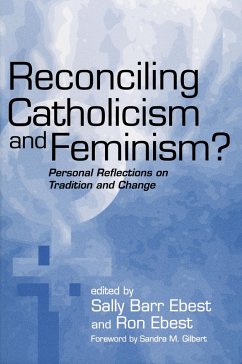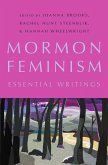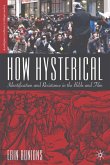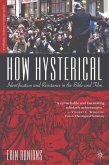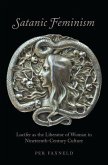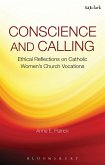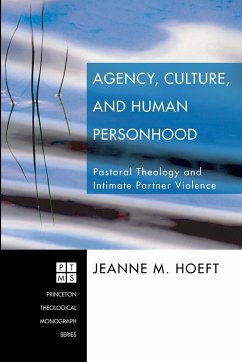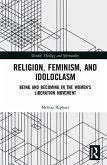IN THIS TIMELY COLLECTION OF ESSAYS, twenty-two widely respected writers, historians, theologians, and feminists thoughtfully reflect on their own personal experiences with the Catholic Church. The essayists movingly describe how they have, or in some cases have not, come to terms with a church that does not permit them full participation. In so doing, they offer practical suggestions for ways in which the church can become more open to the concerns of its progressive members. Among the essayists and essays featured in this collection are Rosemary Radford Ruether, who provides a brief history of twentieth-century reform movements; internationally-known Irish journalist Mary Kenny, who writes on the abortion debate in Ireland; Pulitzer Prize-winner Madeleine Blais, who discusses her youth in parochial schools; short-story writer and New Yorker contributor Jean McGarry, who describes the clash of Catholic and secular cultures; and Grail co-founder Janet Kalven, who depicts the history of this widely recognized religious reform movement. A foreword by Sandra Gilbert and an introduction by Sally Barr Ebest and Ron Ebest provide context for these personal and poignant essays. In a format that is easily accessible to general readers, Reconciling Catholicism and Feminism? explores issues of concern to progressive and feminist Catholics, including abortion, birth control, clerical celibacy, and the ordination of women.

